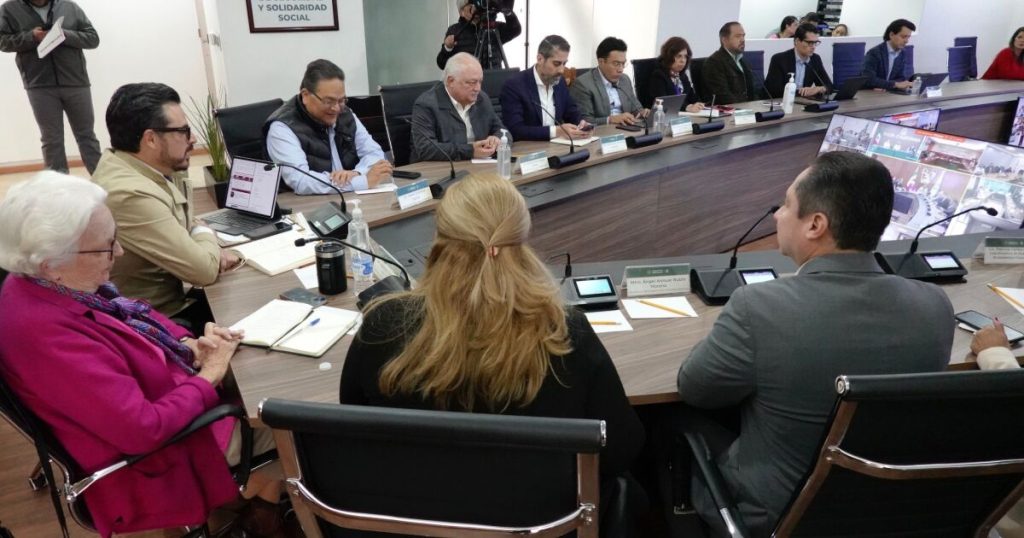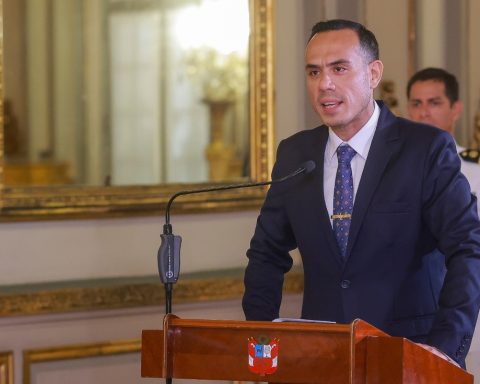The Chilean community in the United States, which has nearly 190,000 people according to the Pew Research Center, will be able to participate in the presidential elections in this country on November 5, as long as it meets the established requirements. This figure represents a small part of the Hispanic population in the United States, but their presence in key states such as Florida, California, New York, New Jersey and Texas puts them in a significant position to exercise their vote in this important electoral process. Both those who immigrated directly from Chile and those who have Chilean ancestry have the possibility of voting, as long as they have US citizenship.
To vote, it is essential that these citizens meet some basic requirements. First of all, it is necessary to be a US citizen, a status that can be achieved both by birth in the US and through the naturalization process. In addition, you must be at least 18 years old on Election Day, a standard requirement in the United States electoral system. These criteria allow Chileans, like other naturalized Latin American immigrants, to actively participate in the election of their representatives.
Another essential step is registering as a voter in the state of residence, which implies registering on the corresponding electoral roll. Although registration deadlines and methods vary by state, in most states it is possible to register in advance and even do so on election day in some places. This means that Chileans who meet the requirements and have not yet registered have one last opportunity to do so in certain jurisdictions before voting day.
Early voting is another alternative that makes it easier for voters to participate in many states. This modality allows citizens to vote days or even weeks before November 5, either in person or by voting by mail, an option that may be convenient for those who have work or personal commitments. This system, widely used in the United States, helps reduce voter congestion on Election Day and allows for greater accessibility for all registered citizens.
Unlike other countries, in the United States voting is not mandatory. However, the relevance of these elections, which will pit the main candidates against each other, Donald Trump and Kamala Harris, has motivated the Latino community to get involved in the issues in dispute. Issues such as the economy, health, social rights and foreign policy will be at the center of the debate, aspects that also affect Chilean residents, who seek to have their concerns and aspirations reflected in the policies of the country where they reside.
For those who meet the four key requirements – being a US citizen, being 18 or older, registering as a voter and meeting registration deadlines in their state – the November election is an opportunity to make your voice heard. These citizens of Chilean origin will thus be able to contribute to defining the future of the United States in an election that promises to be decisive in multiple social and economic aspects.
















